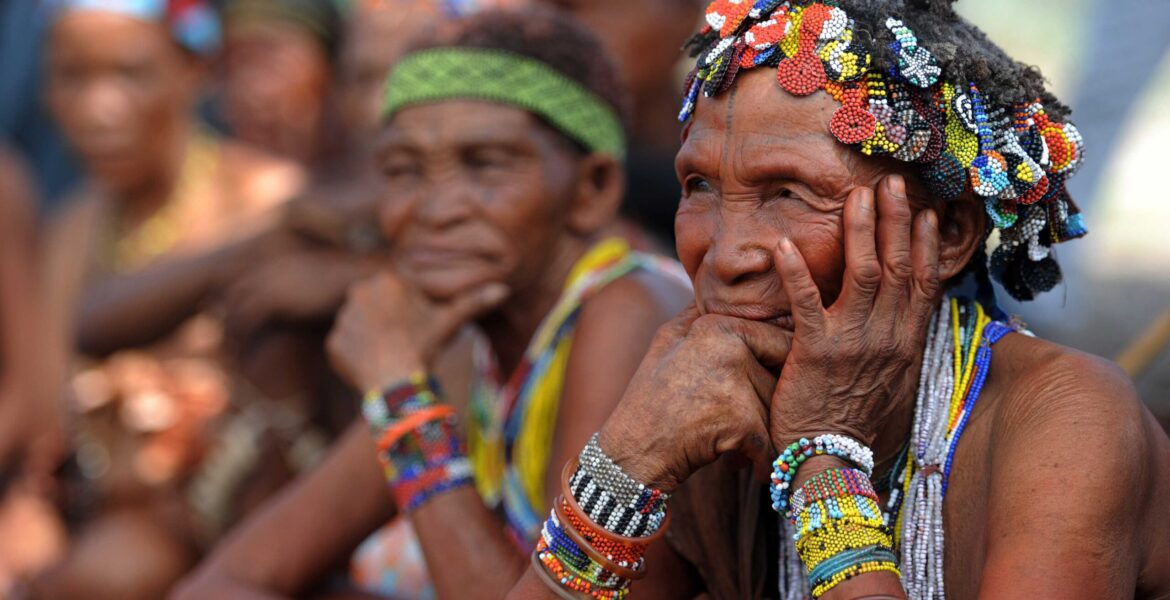Judge reasons that BaSarwa have historically been disadvantaged and remain so after 55 years of independence
In a groundbreaking judgement, Justice Dr Zein Kebonang has ruled that government policy discrimination in favour of BaSarwa is justified, considering their historical socio-economic circumstances.
Justice Kebonang described BaSarwa as the group “that has historically been disadvantaged and still remains after 55 years of independence marginalised in all facets of the economy and social development.”
Nevertheless, he admitted that a government policy that excludes other tribes is without a doubt discriminatory and could be challenged on grounds of constitutional infringement.
The matter before court involved some Ghanzi-based pastoral farmers challenging a decision of Ghanzi Land Board not to allocate them water rights on grounds that the water point they sought lies within a prohibited buffer zone marked as the development area reserved for Remote Area Dwellers (RADs) and that the farmers were not RADs.
“It appears to me that such reservation of water rights to RAD communities to the exclusion of other communities in the same locale would on the face of it be unjustified and/or discriminatory,” said the judge.
“Section 3 of the Constitution of Botswana prohibits all forms of discrimination. The appellants have, however, not challenged the non-allocation of water rights to them on the basis of any constitutional infringement. No doubt such an argument may have presented intriguing legal questions.”
Justice Kebonang added that “while in an ideal setting the law must have the same beneficial impact on all constitutional subjects, equality does not always mean identical treatment.”
He continued: “There is no doubt that the policy excluding non-RAD members from being allocated water rights in RAD areas is discriminatory. Nonetheless, in considering the case, a proper approach in my view would be to look at the policy from a ‘purpose’ rather than an ‘effect’ perspective in determining its rationality or justifiability.”
“Where the policy goal is to improve the conditions of a group that is disadvantaged and has an ameliorative effect, “then it is rationally justifiable even if it is discriminatory in effect,” he intoned. “BaSarwa continue to experience high rates of unemployment, poverty and face serious disadvantages in the areas of education, health and housing.”
“A policy that seeks to involve them or which is aimed at giving them a significant role in their own social and economic development to the exclusion of all others is not unreasonable when one has regard to historical injustices.”
The reservation policy, said the judge, is clearly aimed at ameliorating the conditions of the RAD communities. “These communities have been the most vulnerable,” he emphasised. ‘”They have and continue to suffer prejudice and negative social characterisation.”

